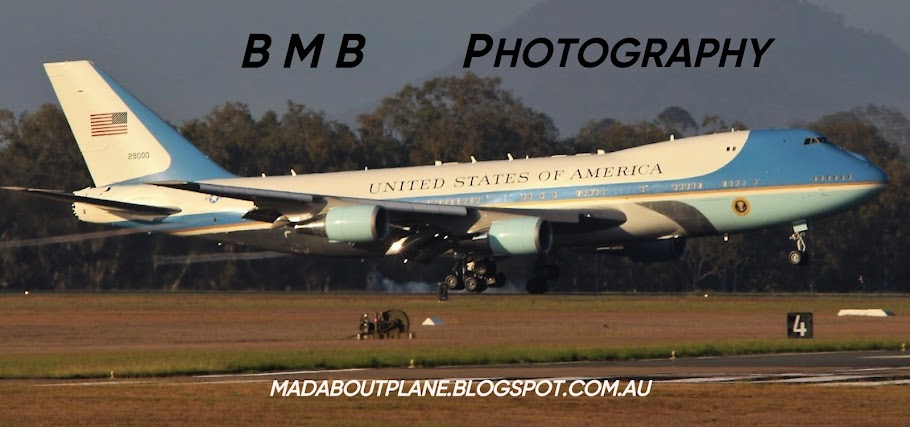The discussion aligns with a broader trend in the airline industry, where U.S.carriers introduced checked baggage fees in 2008, beginning with American Airlines, a practice that has since become standard. While Samoa Air's 2013 attempt at a weight-based fare structure did not gain traction, Finnair recently conducted a three-month voluntary data collection initiative, recording passengers' weight alongside their carry-on luggage.
A separate study of over a 1,000 U.S. adults assessed public sentiment toward three pricing models: the current standard fare with a luggage limit, a "weight threshold" model that imposes extra charges on passengers over 160 pounds (72 kilo), and a "body weight" model where pricing is based on individual weight.
Lighter passengers expressed greater support for weight-based fees, whereas heavier passengers favored the current system, though nearly half of the latter group remained open to adjustments.
Support for weight-based pricing was also higher among younger travelers, frequent flyers, and individuals with higher incomes.

No comments:
Post a Comment